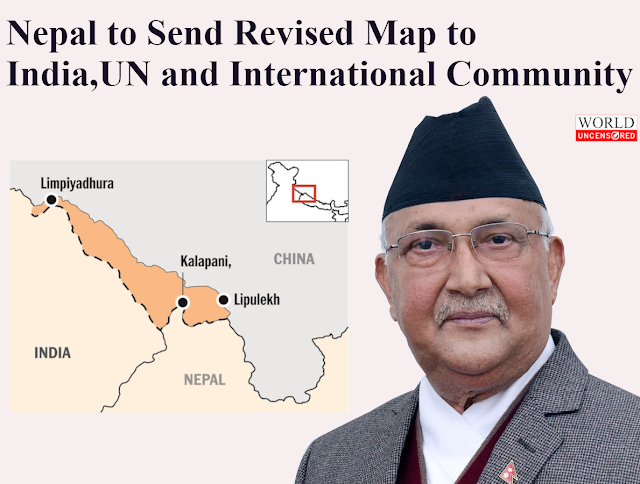ISRO Bets Big On Private Sector Over Indian Space Fortune
ISRO Chairman K Sivan, in a press briefing on Thursday, June 25, made an announcement of opening up of India's space sector to private players.
Earlier, during his press briefing, Sivan had elaborated that private sector can “play a larger role than being just a supplier of parts and components.”He had stated that the Department of Space will promote private sector space activities “to enable it to provide end-to-end space services like building and launching of rockets and satellites as well as providing space-based services on commercial basis.”
India's contribution to Global Space Economy is only 3% . The 'unlocking' of space sector to private sector companies and researchers will help scale up benefits to space technology. And this will enable Indian industry to be an important player in the global space economy, Sivan remarked.
"The Covid-19 outbreak has definitely impacted our activities, which are mostly dependent on the 500 industries spread across the country. The lockdown has had an impact on that and thereby our, missions like Gaganyaan and Chandrayaan-3 also has impacted; all industries have not yet started functioning", said ISRO chairperson Dr K Sivan.
With private sector participation, India's contribution will increase significantly. Not that ISRO is privatizing for the first time. It already has tie ups with around 150 private companies. To put in perspective, the NASA engages with more than 375 space companies. But this time India has possibly taken its first big step in a direction with the central government setting up New Space India Limited (NSIL) earlier and now IN-SPACe (Indian National Space Promotion and Authorization Centre).
NSIL will look after both the mass production and marketing of space-based products and services of ISRO. It will also launch an application developed by the organizations’ centers and other units of the Department of Space. Whereas, IN-SPACe will be the nodal body under the Department of Space that will drive the participation of private sector in space operations with ISRO. IN-SPACe will work on the mechanism for ISRO's engagement with industries and to meet demands of the private sector in space programs.
Existing SATCOM and Remote Sensing Policies need modification. Finance minister Nirmala Sitharaman announced Union budget in May 2019 in which Geospatial Data Policy specifies the predictable policy and regulatory environment to private players.
"ISRO will soon be having an industry meet in a fortnight to tell private companies about mechanism and strategies. The full-fledged system will be functional within 6 months. Private players can start approaching now." the chief declared.
At present, the ISRO undertakes two to three major satellite launches a year. Dr. Sivathanu Pillai, a former chief controller of DRDO, recommended a greater role for private sector for using ISRO facilities for satellite launch taking the number of annual launches to 15. More engagement of private sector means more funds for ISRO to do its basic work of space research and exploration.






Comments
Post a Comment